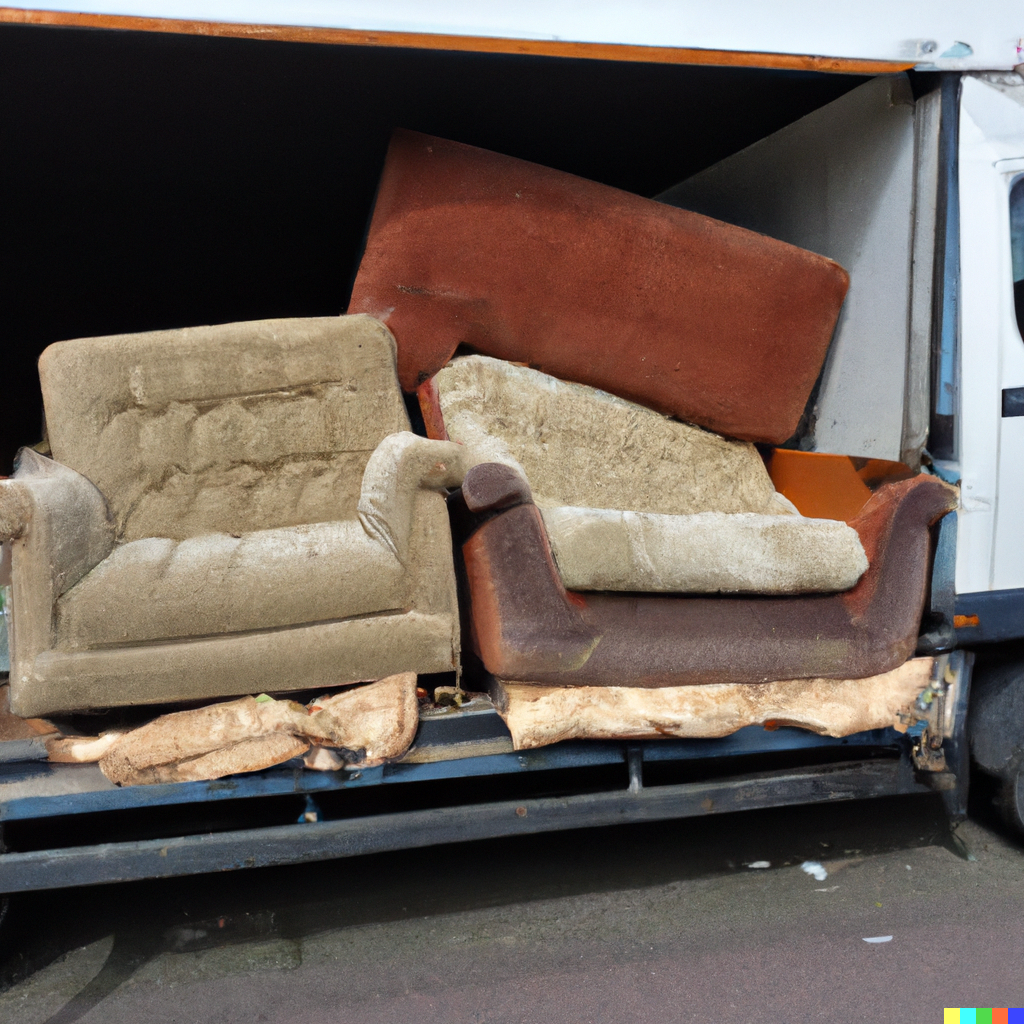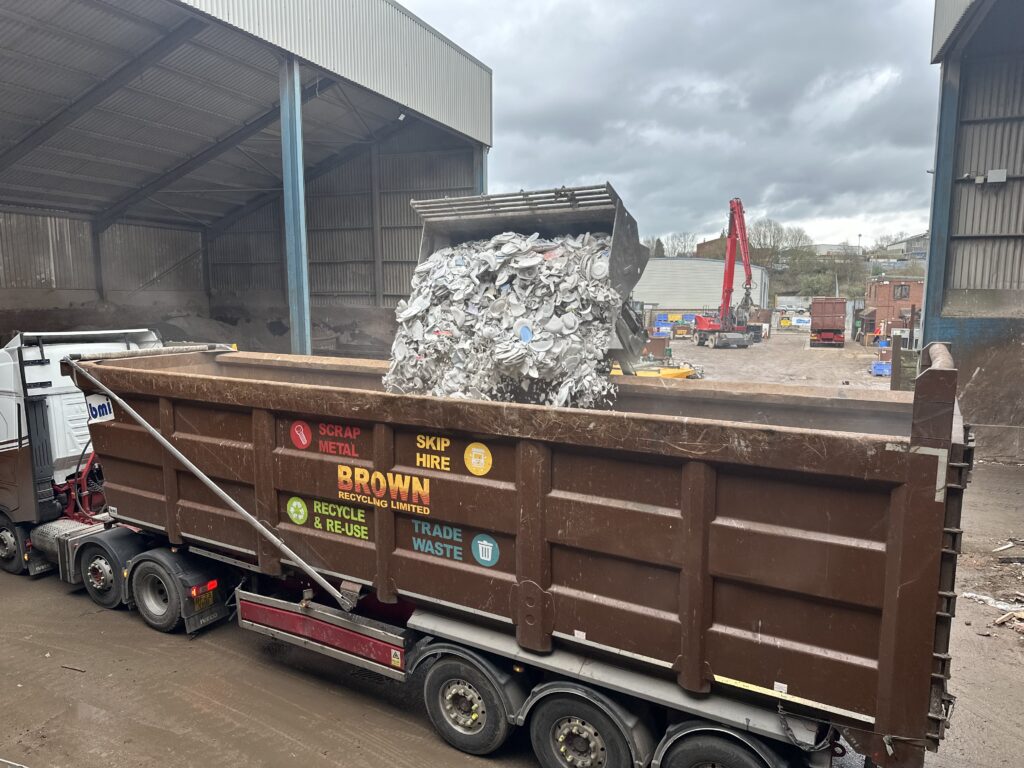From the beginning of 2023, local authorities are required to ensure old soft furnishings potentially containing persistent organic pollutants (POPs) are incinerated and not landfilled (see letsrecycle.com story). This does not however apply to undamaged items which have been designated by residents for reuse.
The guidance has faced widespread criticism from the sector, with many councils adapting their services at recycling centres to adapt. Dorset council urged residents to donate their old sofas for reuse instead of bringing them to a recycling centre, while many have had to revamp their disposal options.
Craig Anderson, CEO of Reuse Network, highlighted that discussions and negotiations between the reuse sector and regulatory agencies have been taking place. He notes that the current guidance in England states that the seating item must be incinerated only if “discarded as waste”, which is hoped to soon apply in Wales, Northern Ireland and Scotland.

Mr Anderson points out the need for manufacturers, retailers and waste companies to offer alternative collections methods to keep reusable domestic seating in circulation, highlighting the importance of this during a time of economic crisis. Mr Anderson then notes that the benefits are environmental as well as financial.
‘Circular economy’
“If the circular economy has any future, the relevant stakeholders cannot ignore what services already exist; they should build on them,” the CEO of Reuse Network said.
“Of course, part of the circular economy venture is to stop producing products that are harmful to the environment in the first place and design and make them repairable and reusable. The sensible thing to do is not to forsake the infrastructure already in place and allow for a second-hand market to grow and flourish.”
Mr Anderson then called on both local authorities and waste companies to embrace working with the charity reuse sector instead of disposing of sofas. He explained this would help meet current socio-economic need in their communities as well as reducing seating waste and the cost of disposal via incineration.
He added: “The topic of waste aside, we must look at the consumption model and the need of the UK’s excluded consumers – they cannot afford to purchase a new sofa or chair and are probably sitting on a dilapidated one full of POPs anyway.”












Subscribe for free